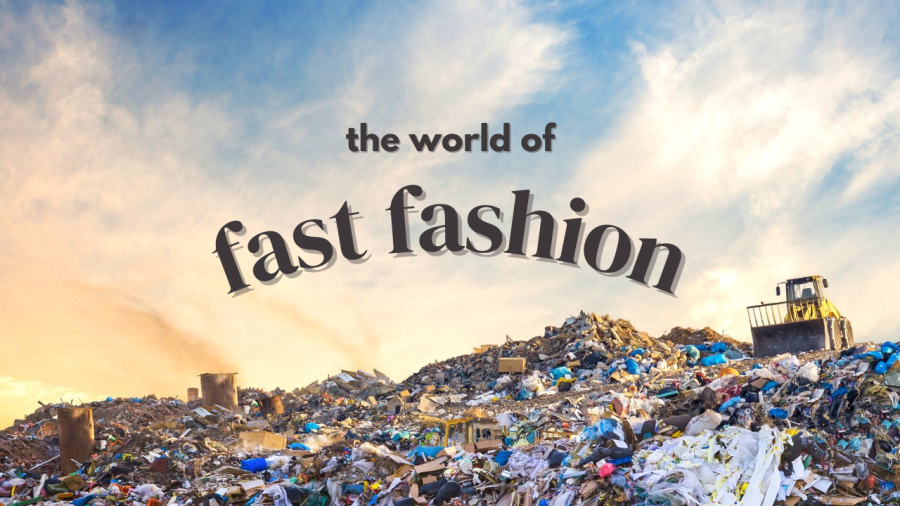Fast fashion, or the rapid production of inexpensive clothing catering to recent trends, is having a significantly adverse effect on the environment. While this avenue offers affordable fashion choices to customers and fulfils their needs, it comes with a huge price: the environment. The fast fashion industry has a substantial environmental impact ranging from high resource consumption, pollution, extreme waste generation, to high levels of carbon emission. The effect of fast fashion on the environment is detrimental, to say the least, and due to changing trends, it is not going to go out of practice anytime soon.
Big corporations have not just established themselves in the industry but are adding to the adverse effects of fast fashion. Besides high resource consumption, this area is one of the leading reasons behind pollution. Keeping this in mind, it is essential for people to opt for sustainable options and implement sustainable fashion choices. The following are some of the negative effects of fast fashion:
Negative effects of Fast Fashion:
- High resource consumption such as water usage and energy consumption. The fashion industry is one of the largest consumers of water and the production of even a single cotton t-shirt can require up to 2700 liters of water. In addition, fast-fashion energy consumption contributes to the industry’s increased carbon footprint.
- The chemicals used in treating fabrics under fast fashion add to the overall pollution levels. Moreover, washing synthetic garments releases microplastics into the waterways and these plastic particles are ingested by marine life. Thus, entering the food chain, they are potentially harming human health.
- Since fast fashion promotes and revels in throwaway culture, the short product lifespan results in unfathomable amounts of textile waste. This waste, undeniably, ends up in landfills. Moreover, the use of non-biodegradable materials such as polyester leads to further environmental damage.
- Fast fashion is also a huge contributor to increased carbon footprint. With the globalised manufacturing under this arena, transportation networks rely on fossil fuels. Furthermore, production emissions are also responsible for extreme climate change and fluctuations.
- The social impact of this sector focuses on unethical labour practices and how it affects the overall lifestyle of workers. With poor labour conditions such as low wages, long working hours, and unsafe working environment, fast fashion has singlehandedly lowered the lifespan of its workers. In addition, this may seem like a social issue, it indirectly impacts environmental sustainability. Here workers often lack the means to advocate for environmentally healthy practices.
